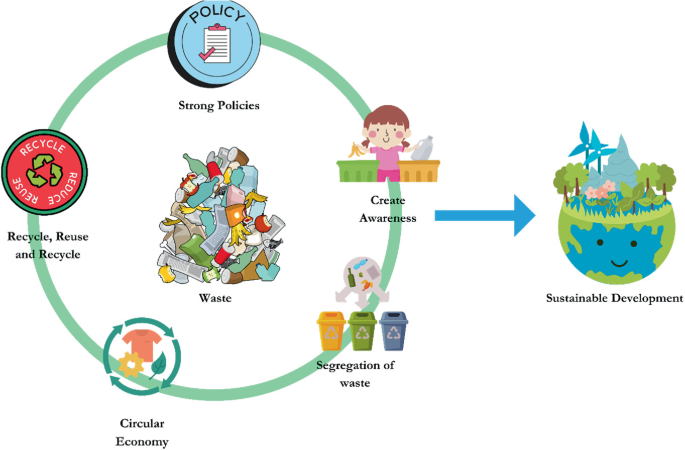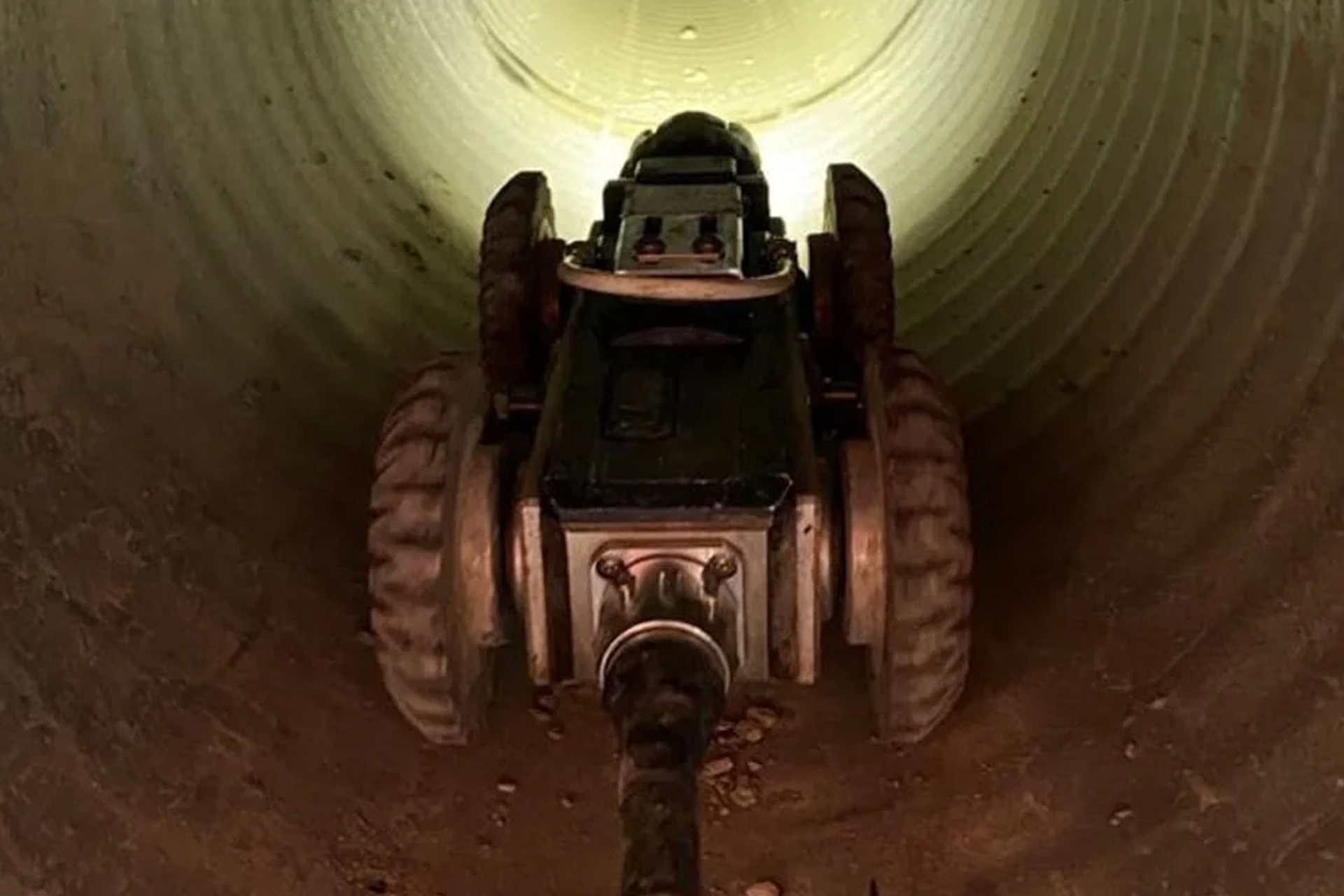The Best Guide To Reclaim Waste
The Best Guide To Reclaim Waste
Blog Article
The 45-Second Trick For Reclaim Waste
Table of ContentsAbout Reclaim WasteThe Main Principles Of Reclaim Waste Getting My Reclaim Waste To WorkReclaim Waste Can Be Fun For AnyoneThe Greatest Guide To Reclaim Waste
Explore the kinds, incidents, and types of liquid waste. Residential sewage waste refers to the waste and products from a domestic sewage-disposal tank. This kind of waste is developed by people in homes, schools, and various other buildings. This only consists of septic storage tanks that have a drainpipe area. The proper administration and disposal of residential sewer waste call for liquid waste to be transferred to a sewage therapy plant where the correct techniques and devices are put on purify and get rid of waste.
Commercial waste commonly consists of possible risks, such as flammable materials or a mixture of liquid and solid waste items, and calls for an extra innovative and in-depth disposal process. The disposal of business waste typically entails the filtration of waste before transportation to guarantee secure and proper disposal. Hazardous waste is created from results and overflow of commercial processes and production.
This kind of waste can not make use of the same sewage administration transportation or procedures as septic or commercial liquids. The hazardous waste administration procedure requires the assessment and testing of liquid waste prior to it undergoes the disposal procedure (industrial wastewater treatment). Runoff waste is the fluid waste that comes from runoff and excess stormwater in highly booming locations or cities
Drainage waste can create contamination and flooding otherwise taken care of correctly. Discover more regarding sewer cleaning and waste administration. Making sure proper waste administration can protect against catastrophes and reduce environmental damage. Both individuals in property setups and specialists in industrial or manufacturing markets can profit from comprehending the processes and laws of fluid waste management.
Top Guidelines Of Reclaim Waste
Get in touch with PROS Services today to learn about our waste management and disposal solutions and the appropriate ways to care for the fluid waste you generate.
(https://reclaim-waste.jimdosite.com/)This supposed 'wastewater' is not just a vital resource however, after therapy, will certainly be released to our land, rivers or the sea. Utilized water from bathrooms, showers, bathrooms, kitchen area sinks, washings and commercial procedures is recognized as wastewater.

water made use of to cool down equipment or tidy plant and devices). Stormwater, a kind of wastewater, is drainage that flows from agricultural and metropolitan areas such as roofs, parks, gardens, roads, courses and seamless gutters right into stormwater drains pipes, after rain. Stormwater streams neglected directly to neighborhood creeks or rivers, eventually getting to the sea.
The Of Reclaim Waste
In Queensland, a lot of wastewater is treated at sewer treatment plants. Wastewater is moved from domestic or industrial sites with a system of drains and pump terminals, understood as sewage reticulation, to a sewer treatment plant.
The Department of Natural Resources suggests regional governments about managing, operating and preserving sewage systems and treatment plants. In unsewered locations, city governments may call for householders to mount private or house sewage therapy systems to deal with domestic wastewater from toilets, cooking areas, bathrooms and laundries. The Department of Natural Resources authorises the usage of house systems when they are shown to be reliable.
Most stormwater gets no treatment. In some new class, treatment of some stormwater to get rid of litter, sand and crushed rock has begun making use of gross toxin traps. Wastewater therapy happens in 4 stages: Gets rid of solid matter. Larger solids, such as plastics and various other objects wrongly released to sewage systems, are removed when wastewater is passed via screens.
Wastewater then streams right into large containers where solids work out and are eliminated as sludge. Oil and scum are skimmed from the surface. Makes use of little living organisms referred to as micro-organisms to damage down and eliminate remaining liquified wastes and great fragments. Micro-organisms and wastes are included in the sludge. Gets rid of nitrogen and phosphorus nutrients that might trigger algal flowers in our rivers and intimidate aquatic life.
Excitement About Reclaim Waste
Nutrient elimination is not available at all sewer treatment plants since it requires pricey specialist tools. Clear liquid effluent generated after treatment might still include disease-causing micro-organisms - liquid waste disposal melbourne.

This usually implies wastewater needs to be dealt with or impurities gotten rid of prior to it can be released to waterways. Many wastewater streams into the sewerage system. Under the Act, regional federal governments provide authorizations and licences for environmentally relevant activities (ERAs) view it now involving wastewater releases that might have a local influence. The department carries out approvals and licences to Periods including wastewater releases that could have a local or statewide effect.
Reclaim Waste Fundamentals Explained
Otherwise, examples are considered laboratory analysis. Typically many tests are required to establish the levels of each of the different pollutants such as oils, heavy metals and pesticides in water. Surveillance provides factual details about water high quality and can validate that licence conditions are being satisfied. The info obtained through tracking gives the basis for making water high quality choices.
Report this page